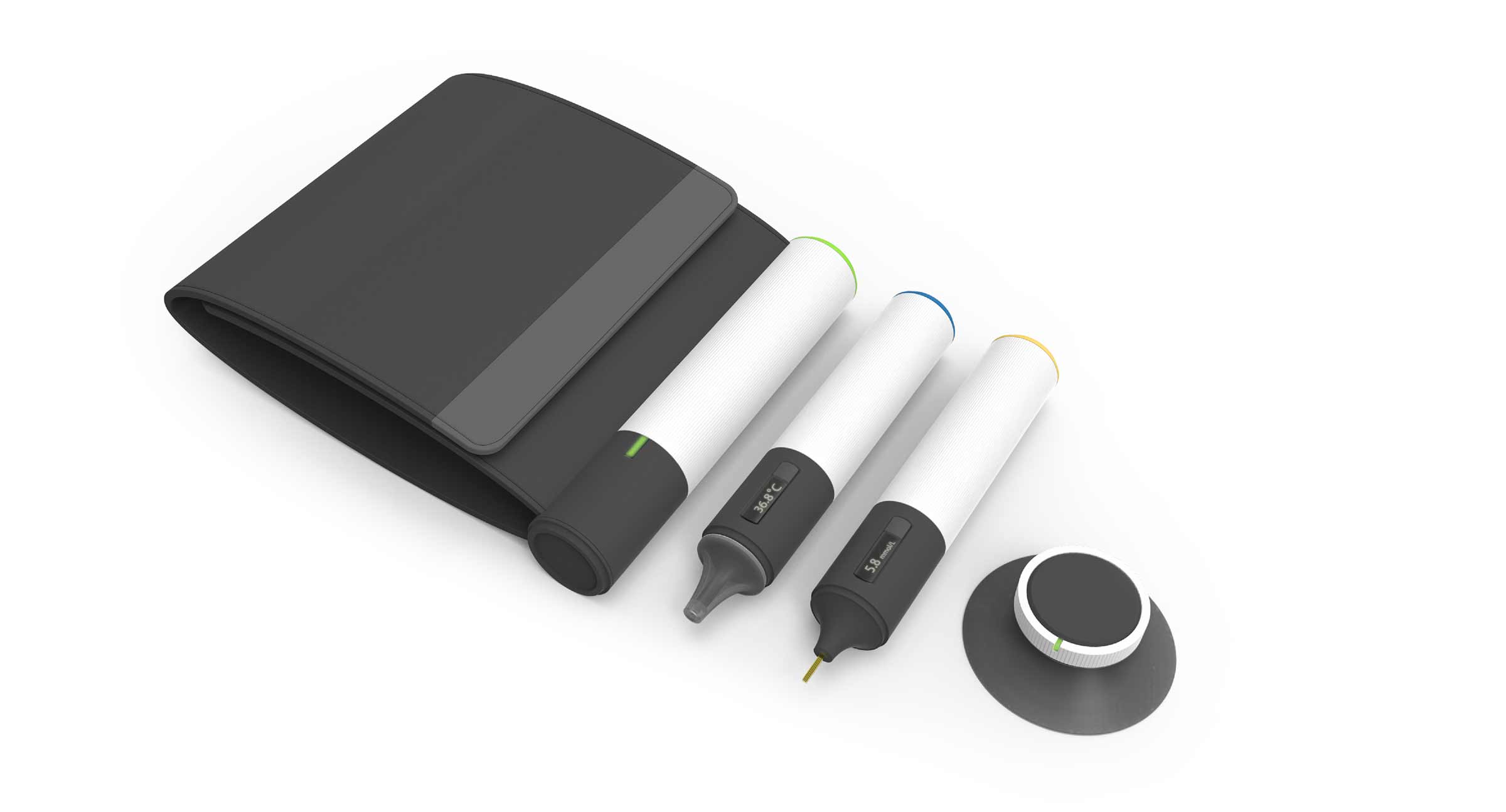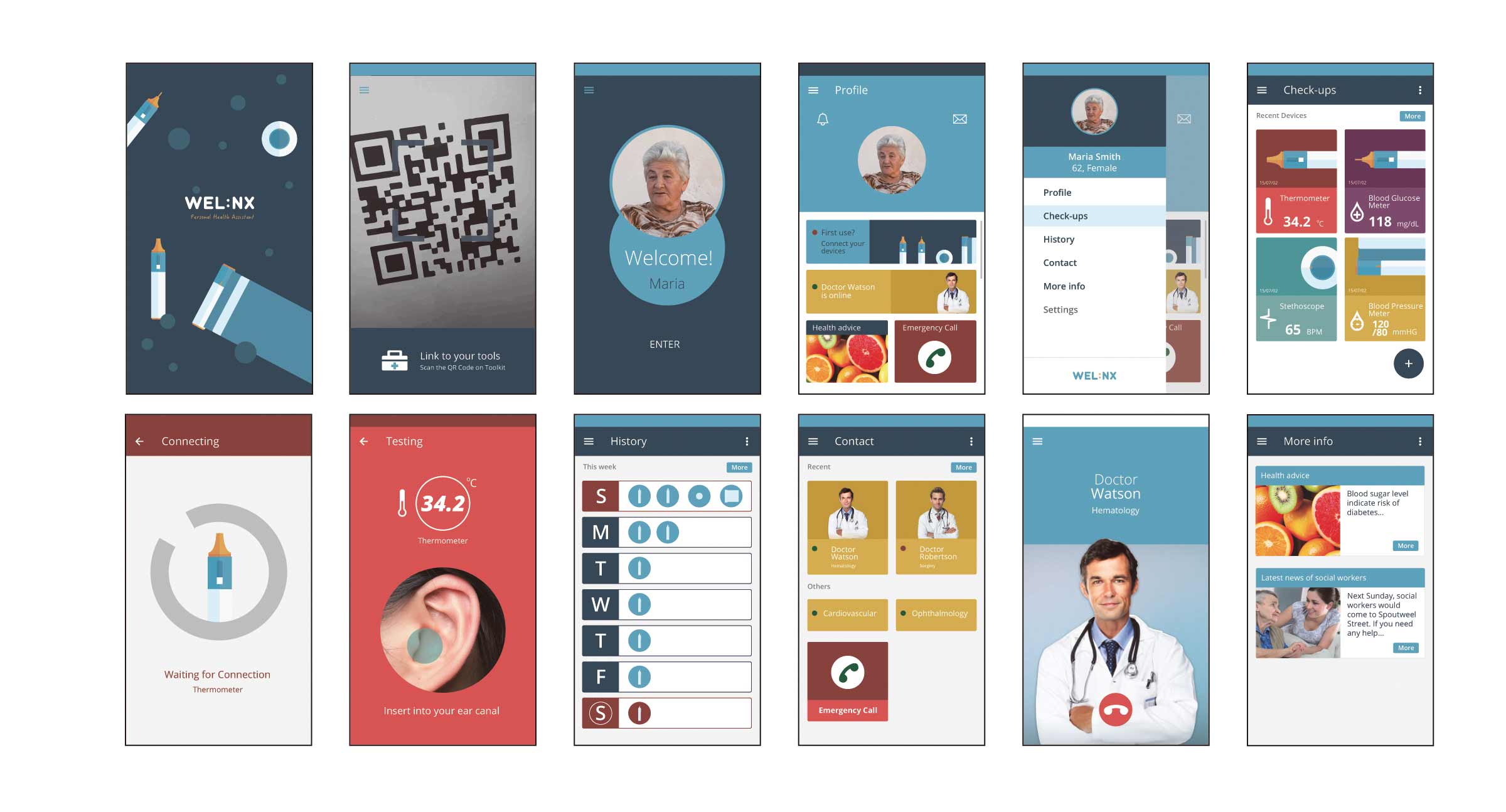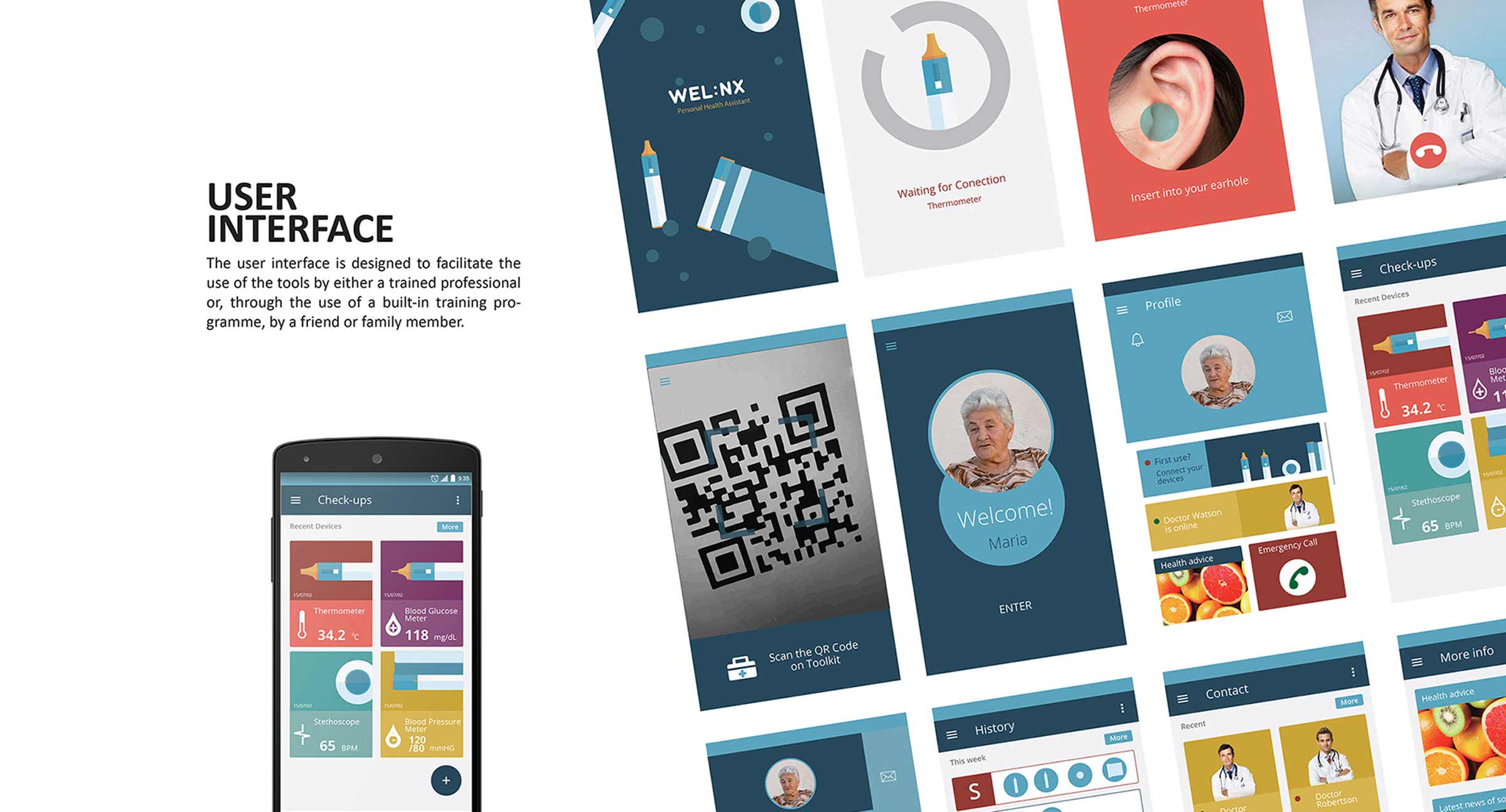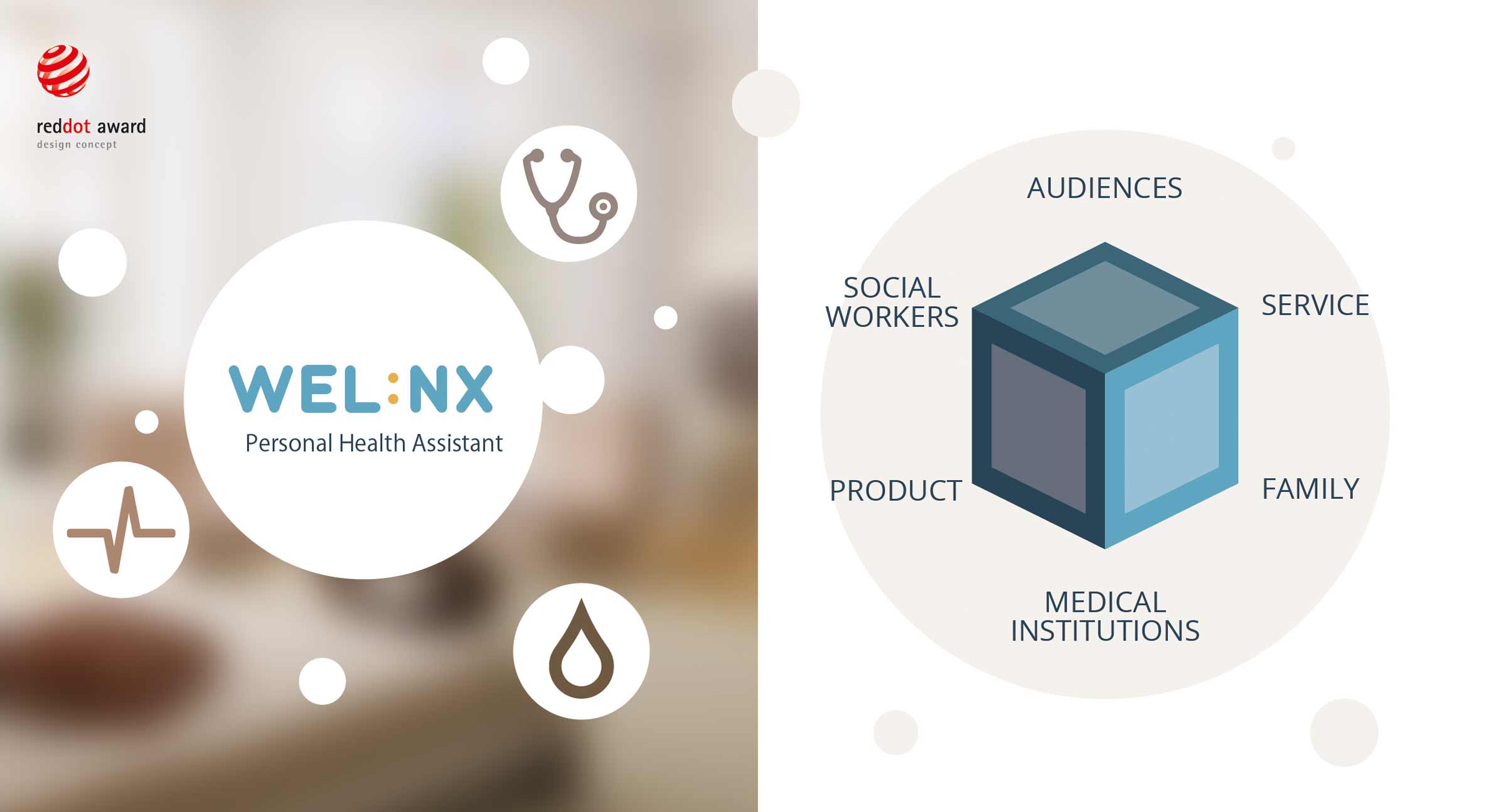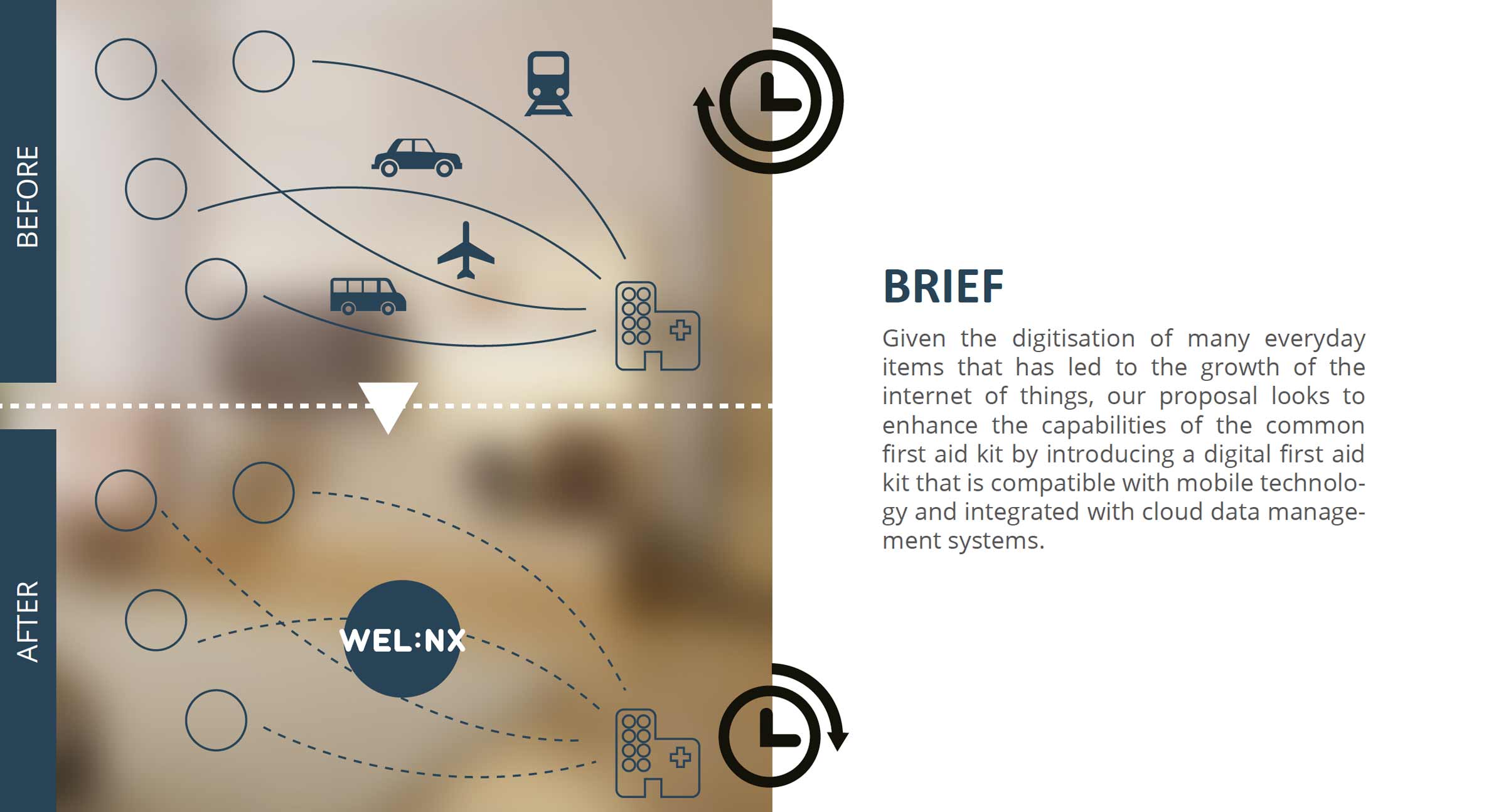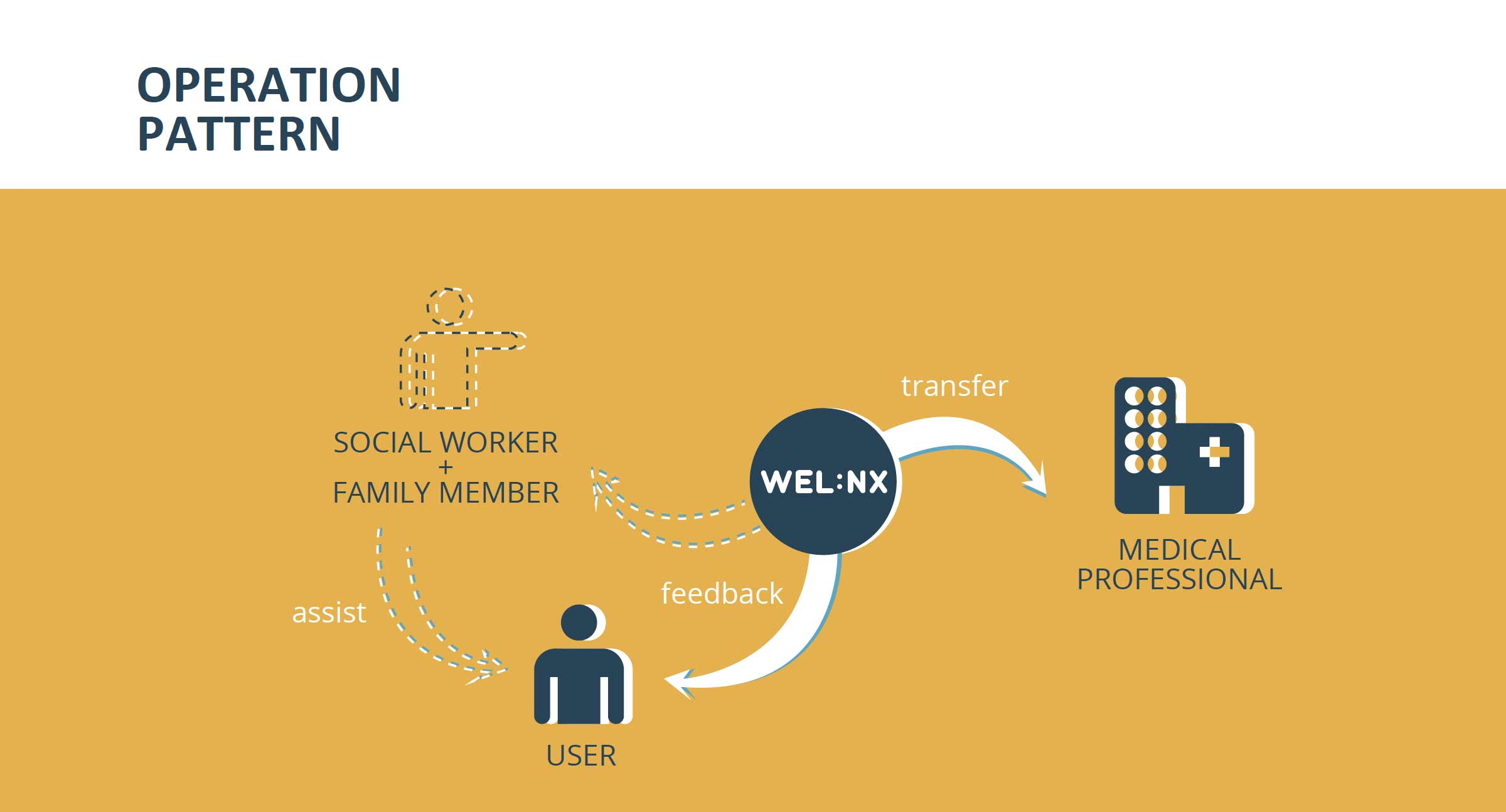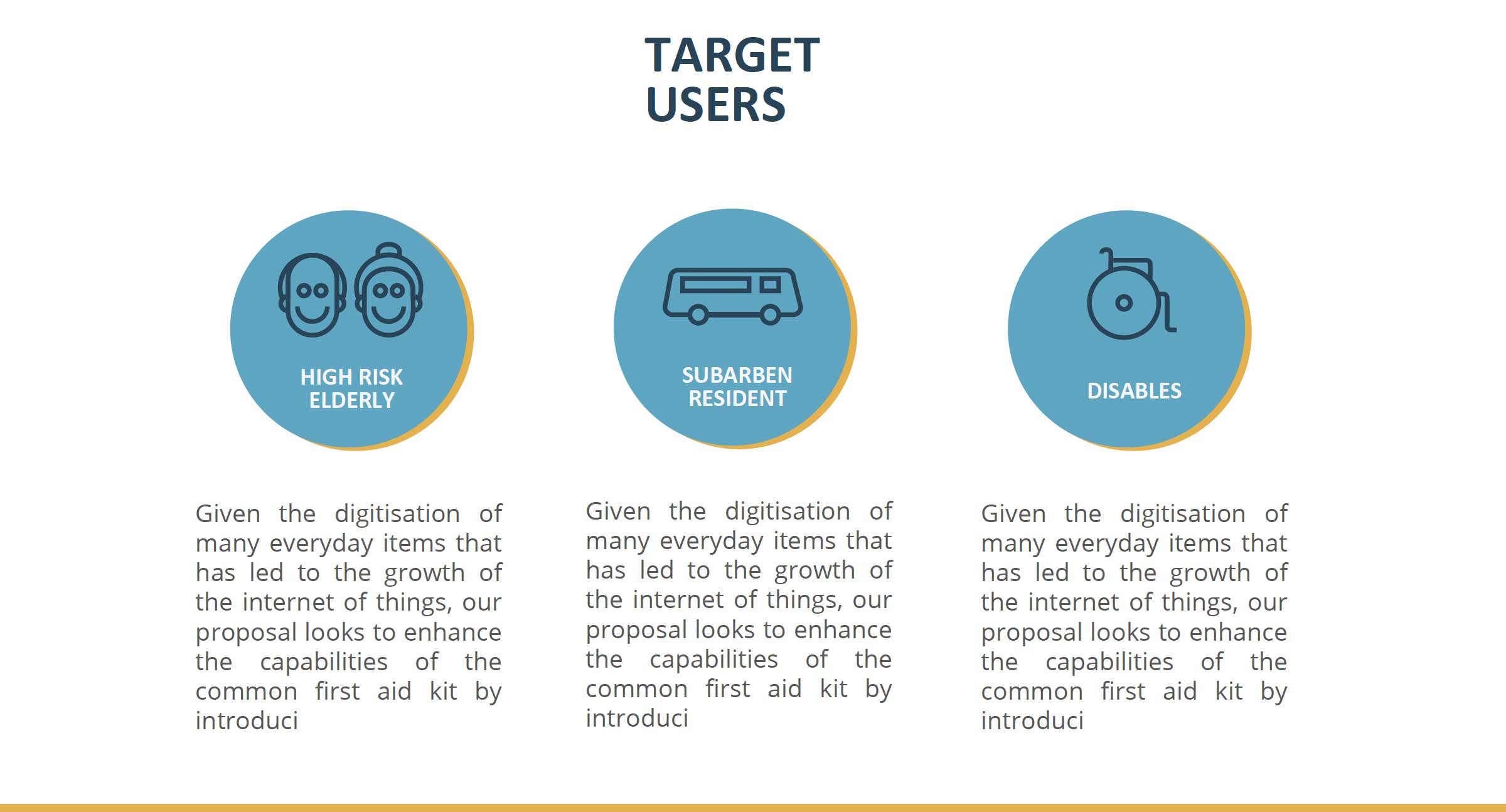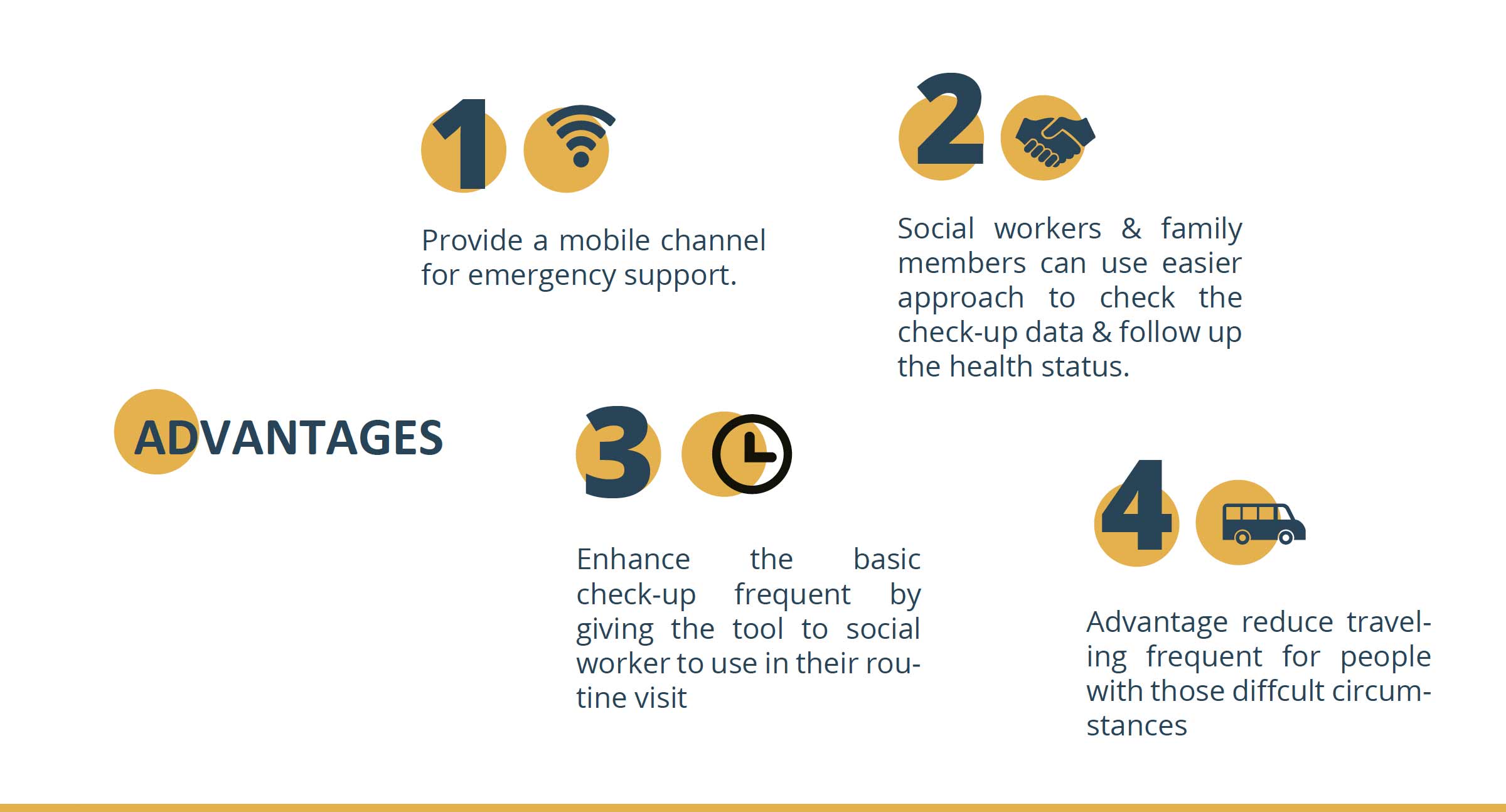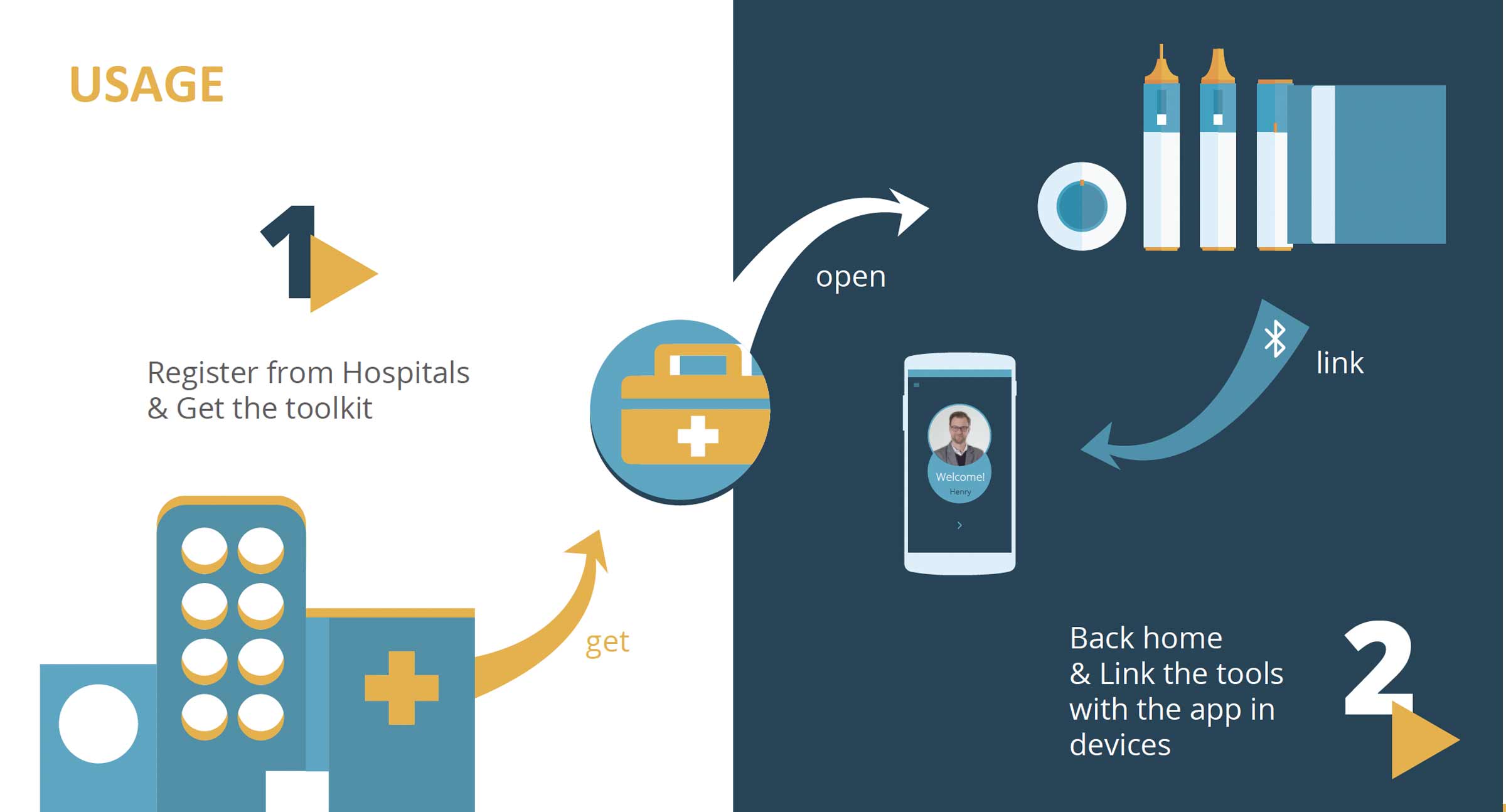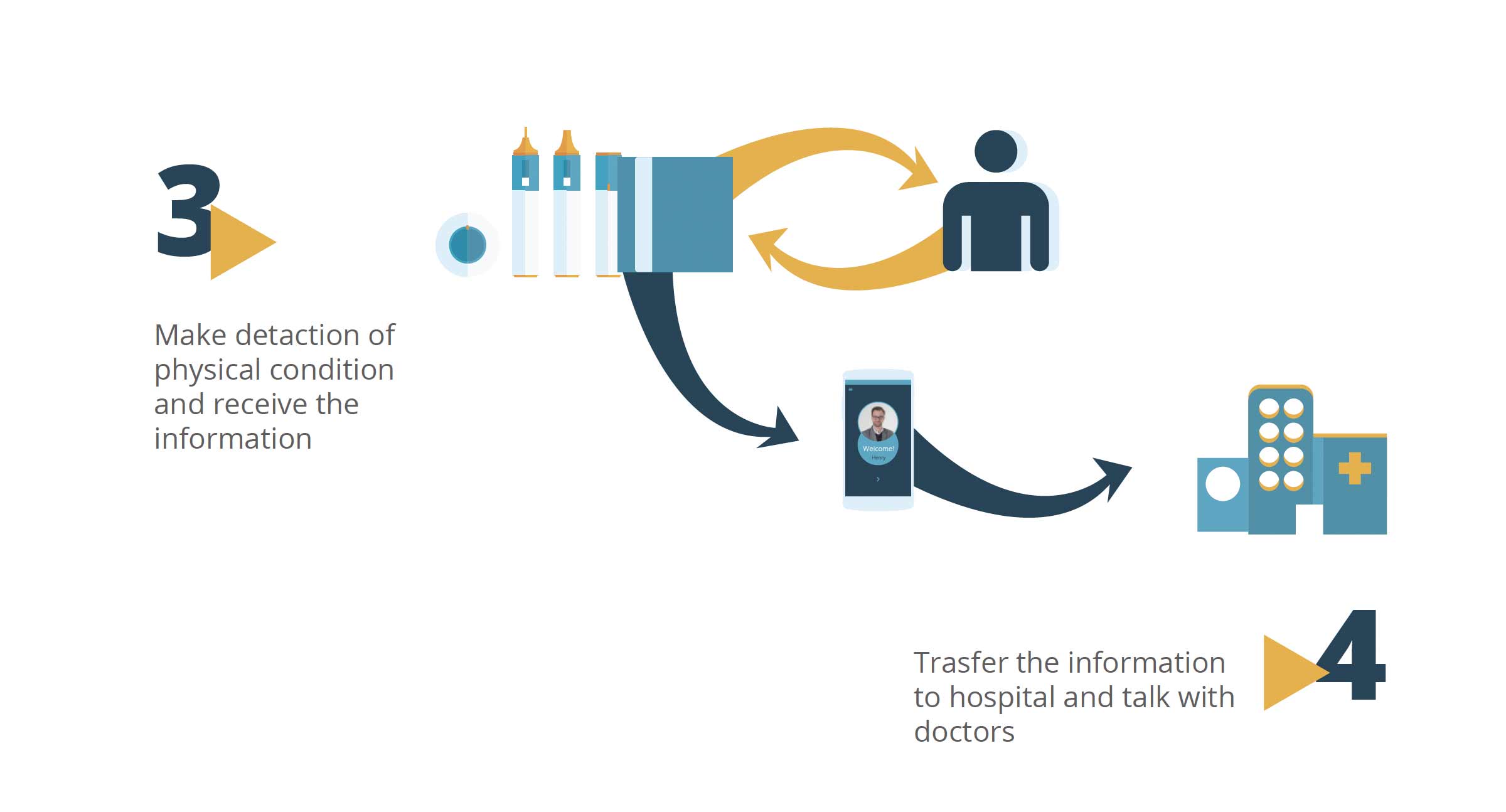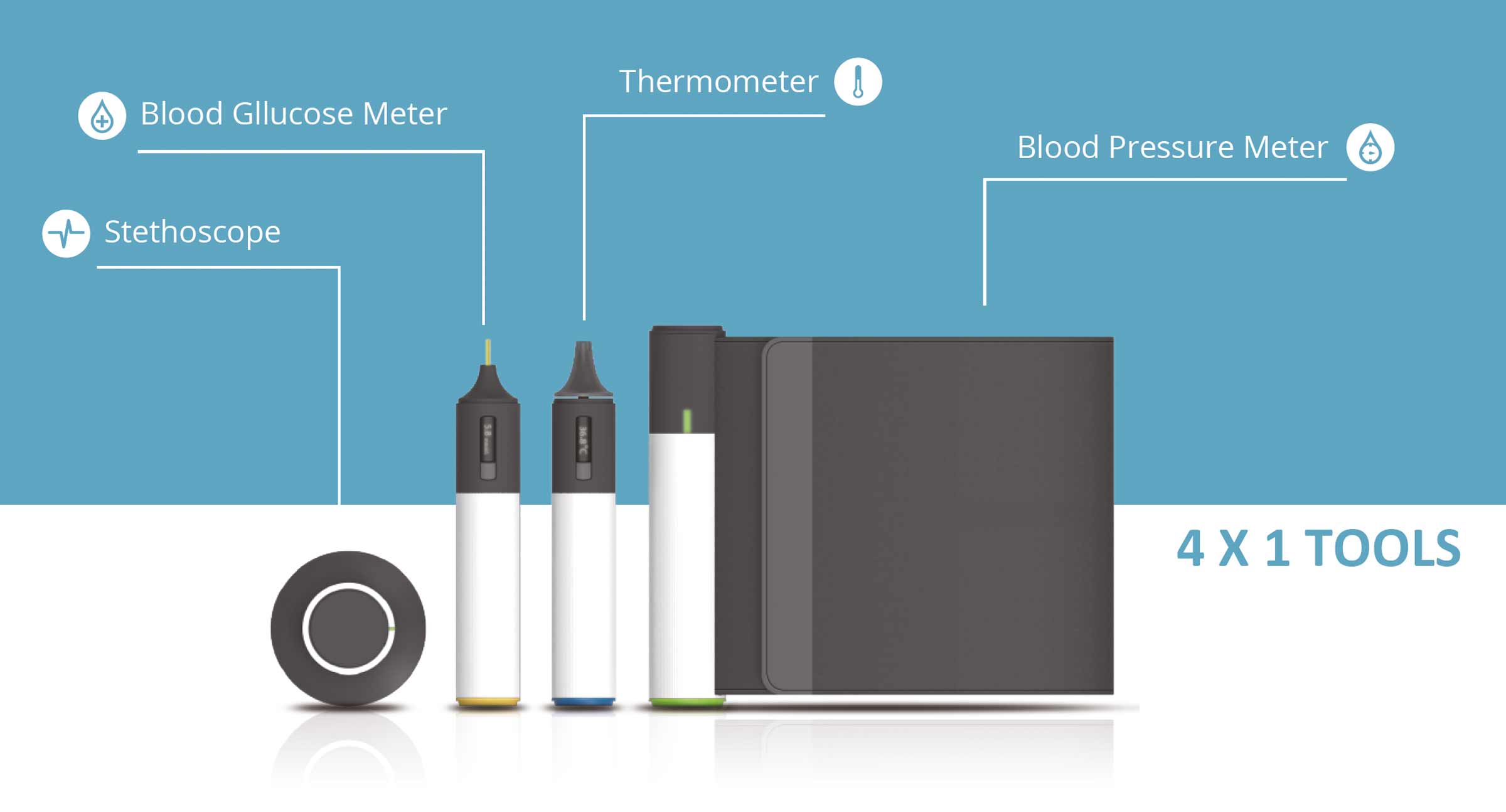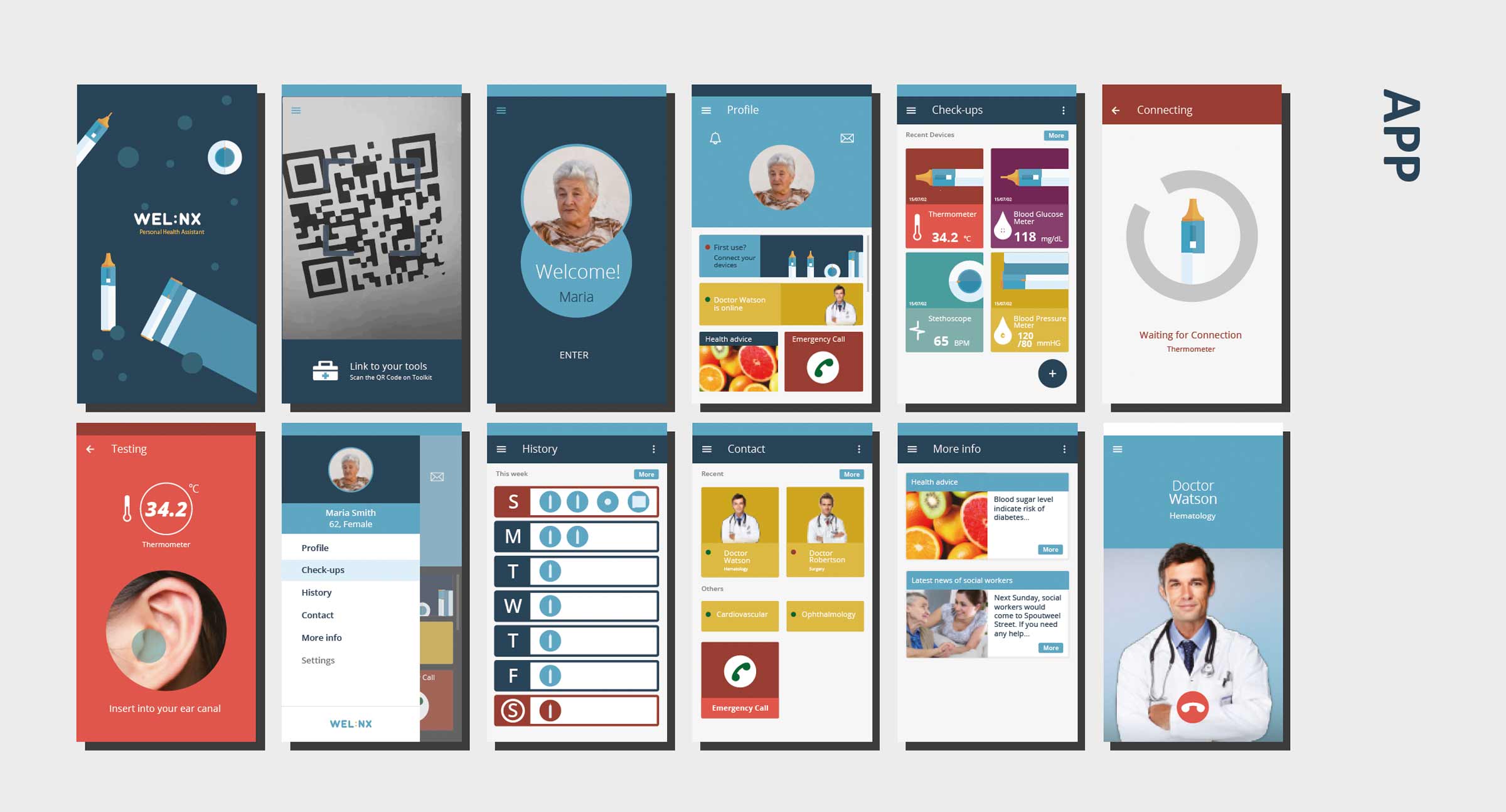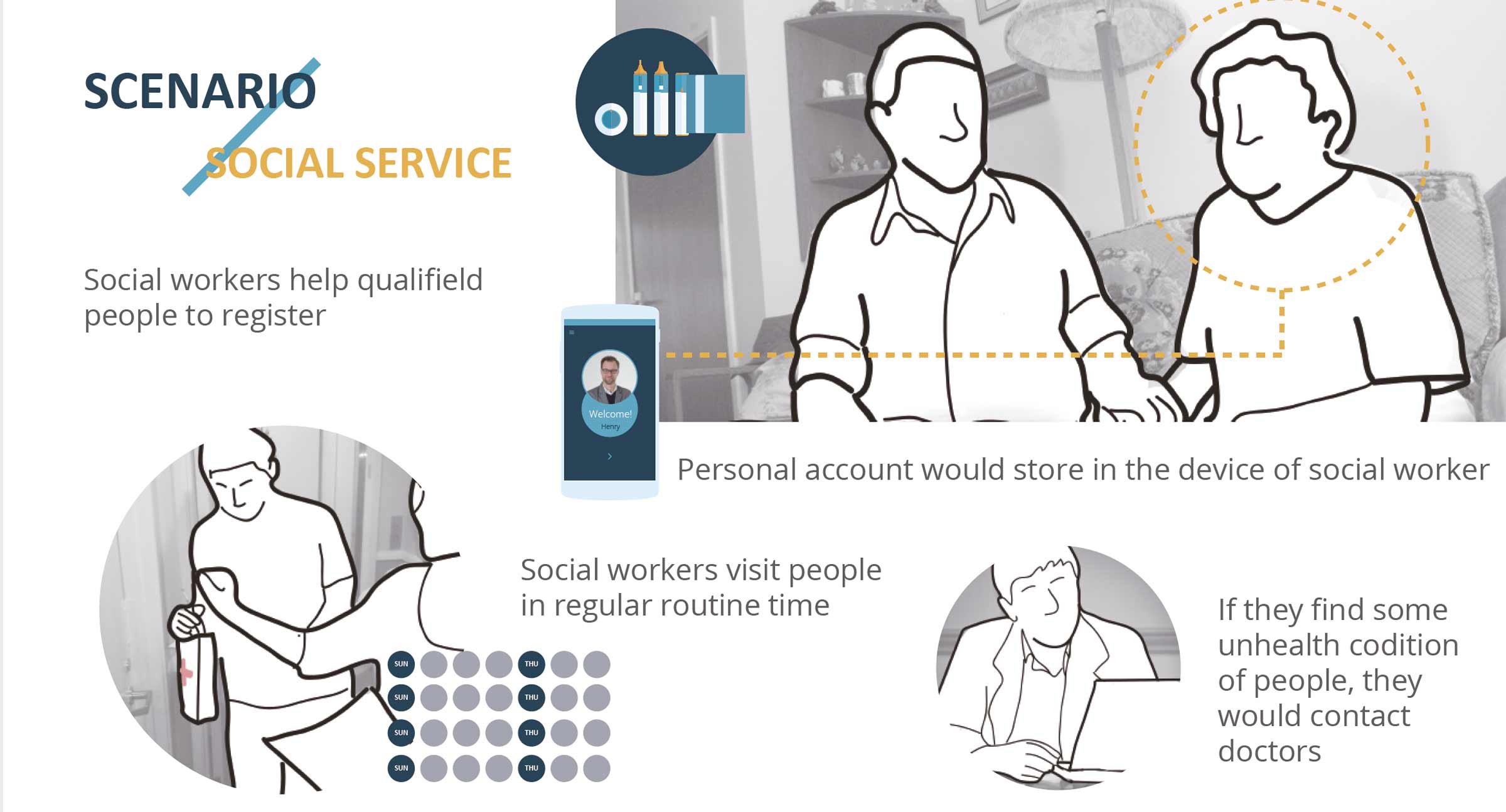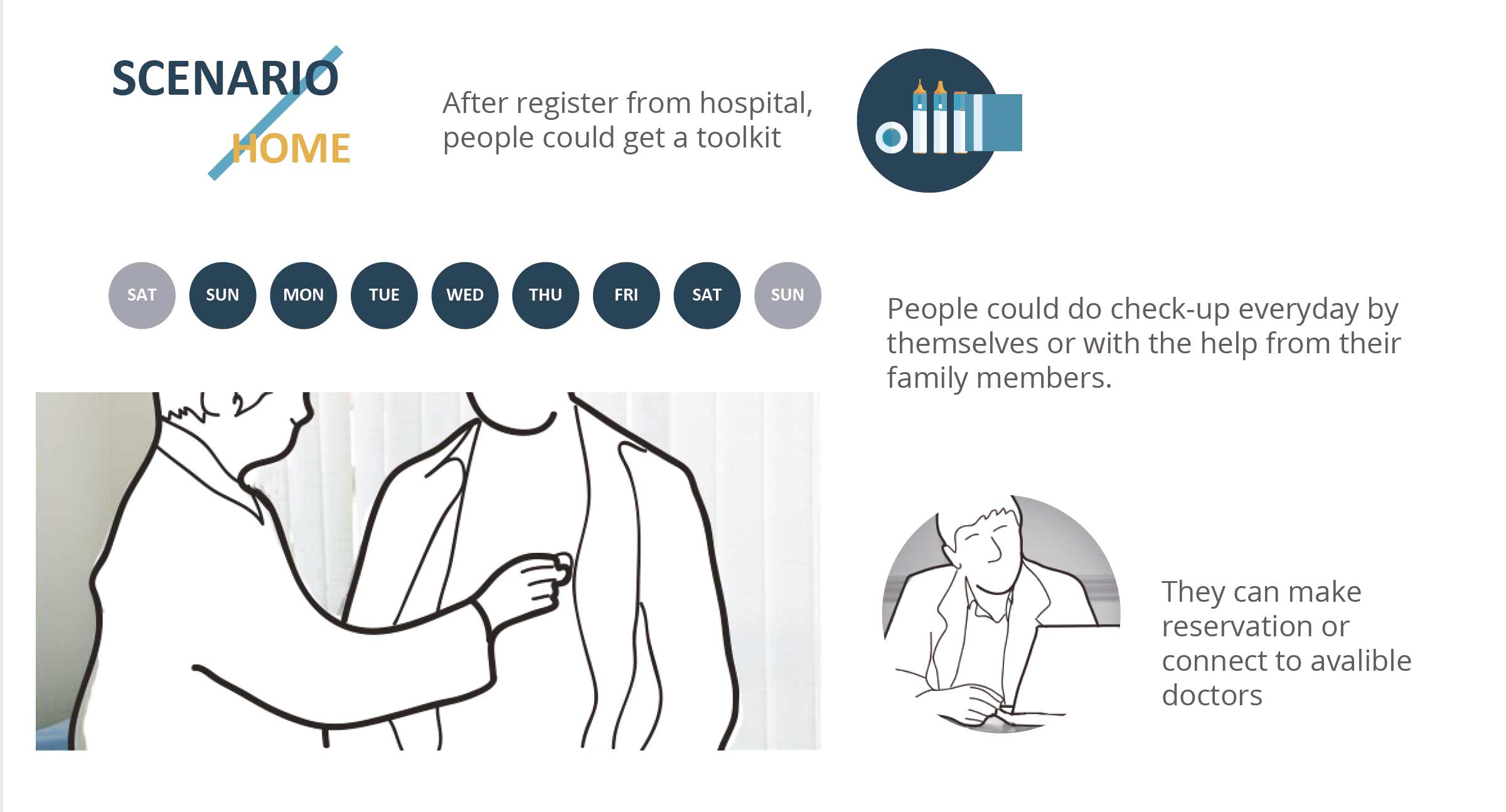WEL:NX – Personal Health Assistant
Glasgow School of Art, UKAbout WEL:NX
Building on the digitalization of many everyday goods and services, our proposal is to introduce digital technology into the conventional first aid kit and significantly enhance its capabilities. Our digital first aid kit is compatible with mobile technology and integrated with cloud data management systems. We believe this digital tool kit has the potential to take basic health check-ups out of hospitals and doctors’ surgeries and into streets, homes and workplaces, turning the current passive healthcare system into one that is actively engaged.Our particular focus is social care for the elderly, disabled and homeless. The ability for these people to access a basic health check-up can be incredibly difficult. Whether as a result of mobility issues, the sheer intimidation of putting oneself in an unfamiliar situation, or the sense of vulnerability from a developing ailment – for many such patients, problems go unchecked for longer than they should. With this digital first aid kit, they would be able to feed real-time data to a central health knowledge service such as NHS 24 - a confidential health advice and information service provided by NHS Scotland. Patients who feel unwell or those caring for them could obtain advice in situations where the general practitioner is not available. The centrally run health databases would, in turn, have more comprehensive patient information with which to diagnose potential ailments.
Statement of the Jury
One of the biggest changes and issues facing the world today is that people are living longer. Government health services are not always able to cope with the increasing demand. This project takes a well-rounded, balanced approach to this issue. It proposes a solution to get people out of hospitals, back into their home environment, and have patients monitor their own health or have a caregiver do it for them. The jury particularly liked the holistic approach using an app, hardware and software. Some education may be required to overcome the perception among elderly people that this is complex technology – making it simple and direct would be key. Transferring professional services into patients’ hands could transition health care into the next century.Designer
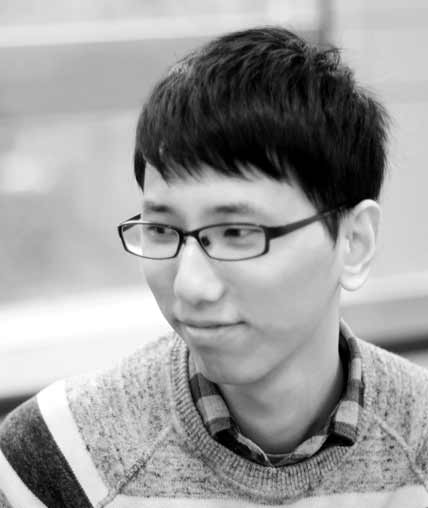
Yi-Haur Lin
2014 - 2015 Studies at Glasgow School of Art, MDes Design Innovation and Service Design, Glasgow, UKExpand vita
2008 Internship at MSI, New Taipei City, Taiwan
2010 - 2013 Industrial Designer at CRE8 Design, Taipei, Taiwan
2014 Design Strategist at Aerotrot, Taipei, Taiwan
2014 - 2015 Studies at Glasgow School of Art, MDes Design Innovation and Service Design, Glasgow, UK
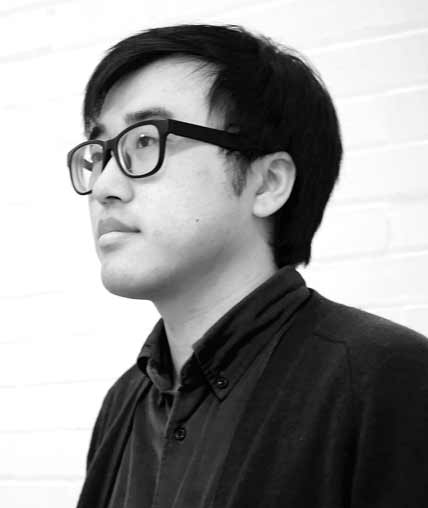
Shiyu Ji
2014 - 2015 Studies at Glasgow School of Art, MDes Design Innovation and Service Design, Glasgow, UKExpand vita
2012 - 2014 Designer at Design art research center of Tongji University, Shanghai, China
2014 - 2015 Studies at Glasgow School of Art, MDes Design Innovation and Service Design, Glasgow, UK
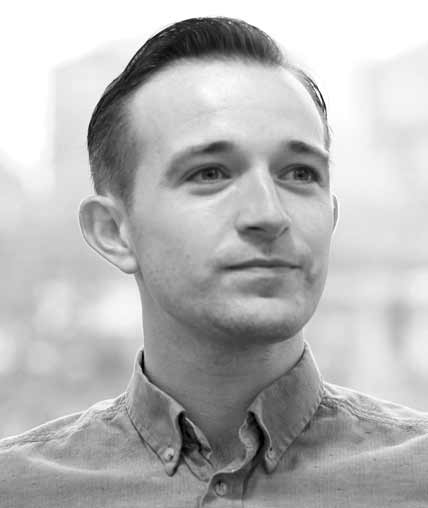
John Lightbody
Since 2015 Business Systems Designer at Strathclyde Passenger Transport, Glasgow, UKExpand vita
2012 - 2014 Systems Designer at Rolls-Royce Controls and Data Services, Derby, UK
2013 Engineering Quality Assurance at GE Aviation, Prestwick, UK
2014 - 2015 Studies at Glasgow School of Art, MDes Design Innovation and Service Design, Glasgow, UK
Since 2015 Business Systems Designer at Strathclyde Passenger Transport, Glasgow, UK
device = mobile

